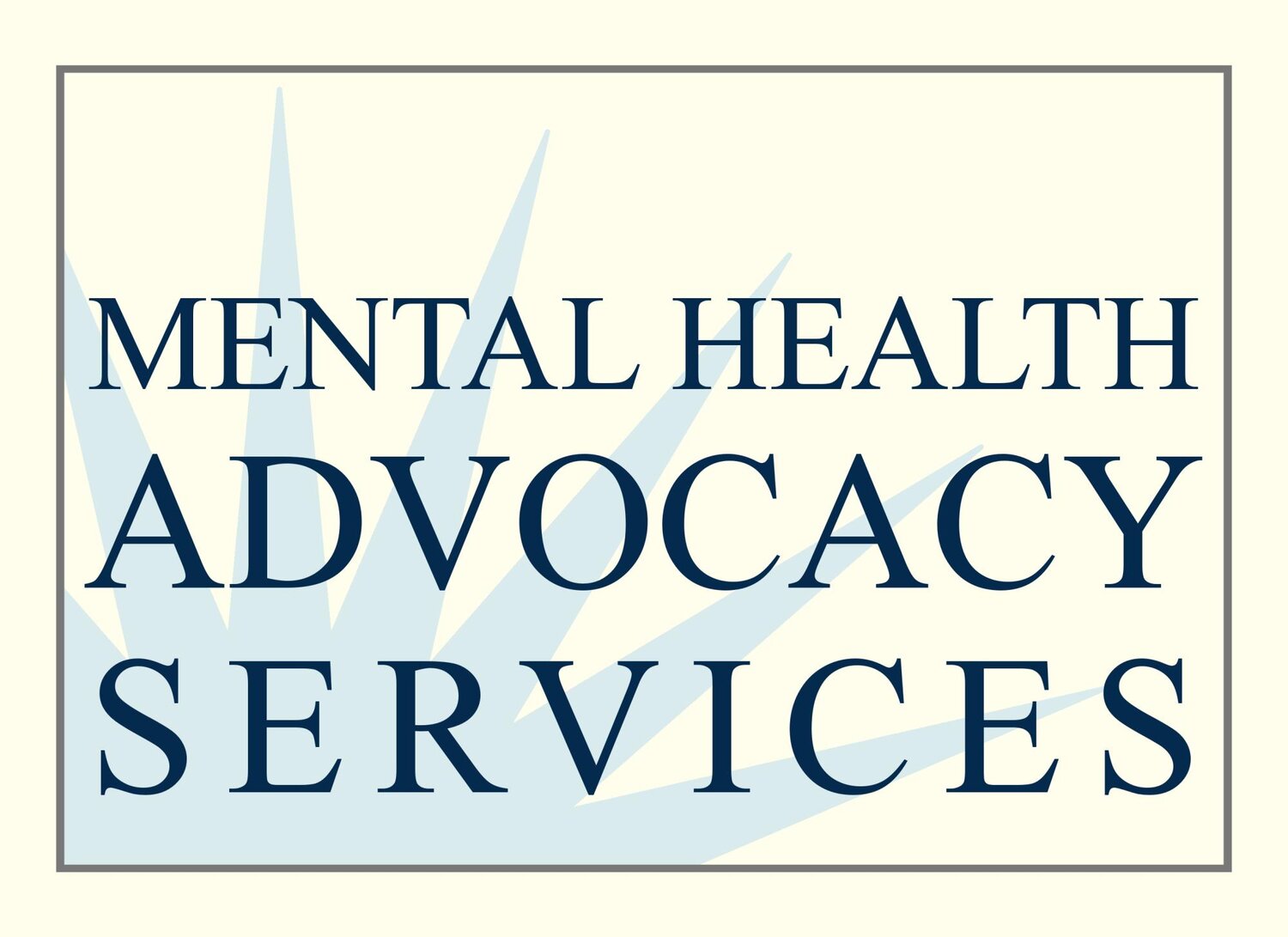Not Forgetting Physical Health
by Eliza SchaflerEliza Schafler is an MHAS Equal Justice Works Fellow sponsored by Greenberg Traurig, LLP.
Most Medical-Legal Partnerships (MLPs) focus on physical health. They work within hospitals, community clinics, or even nurse-run health centers to help clients fight barriers to illness with legal assistance. They take clients with diverse health needs or focus on one particular disease, like sickle cell disease or cancer. In these MLPs, mental health is often a secondary, though very important, consideration.At our Behavioral Health-Legal Partnership (BeHeLP) at MHAS, the emphasis is shifted to children’s mental health. Our collaboration is between clinicians, case managers, and a legal provider – there are no doctors, other than psychiatrists, on site. However, this does not mean that physical health is irrelevant to our work. On the contrary, physical health problems – and the legal problems that exacerbate them – can seriously impact family stability and children’s mental health.When a child with a mental illness has unmet physical health needs, there are obvious mental health consequences. For instance, I had a client whose son suffered a mobility-related injury; when Medi-Cal denied coverage for his treatment, he began missing both school and therapy appointments. Asthma is among the most common reasons why children miss school, and for children who receive special education services, they are missing the behavioral and academic supports they need to succeed.Parents’ physical illnesses also greatly impact their children’s mental health. Today, I learned of a mother who was denied Medi-Cal coverage for medication that would treat her worsening vision; without it, she has trouble leaving the house with her young children. I work with another mother who withstood painful physical problems for weeks without treatment because she did not know she was eligible for Medi-Cal. These problems immediately affect parents’ ability to care for children – particularly children with special needs – and earn the livelihood needed to support them.Most physical health providers are warned not to forget about mental health in the quest for overall wellness. At BeHeLP, our task is the reverse.
